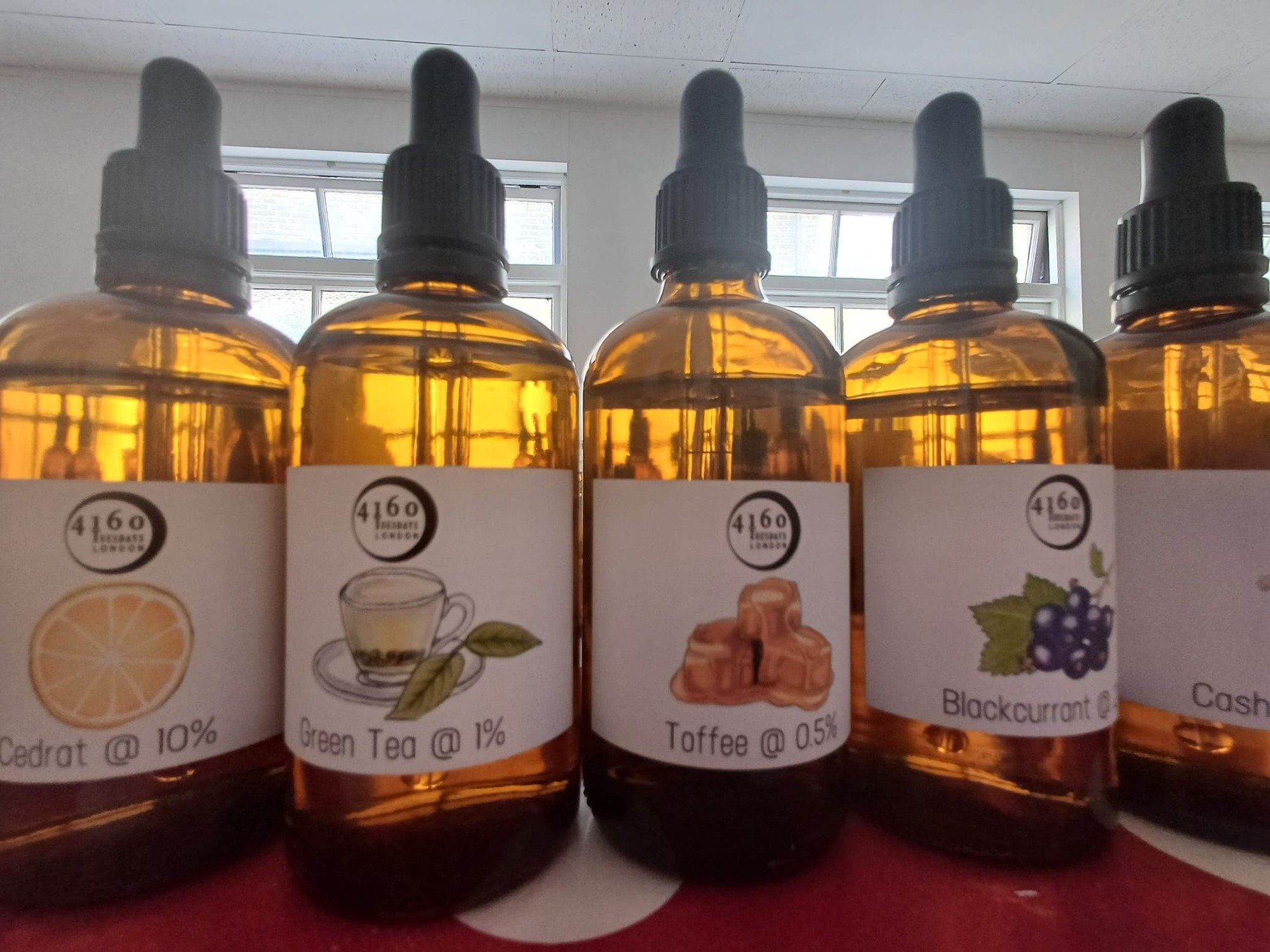What happens when you make space for creativity at work

Last week, 4160Tuesdays ran a three-hour perfumery workshop in a secret London location. We’re not allowed to say where, and we couldn’t take any pictures. A bit of a covert mission, so you'll just have to imagine it. (Alright, it was a workshop in a big office. But still.)
There were four of us on the team, and around 200 people were invited to stop by and make perfume. From the moment we started, things got busy. The first 30 minutes were intense; people were queuing four-deep, ready to flex their creative muscles.
And the best part was that nobody minded waiting. In fact, the queue became part of the experience. People started talking. Not about meetings, targets, deadlines or office politics, but about scent. About the smells they loved, the ones they couldn’t stand, and which ones reminded them of holidays, nights out or their nan’s garden.
The kind of conversations you rarely have in a corporate setting, especially with colleagues you may not know all that well.
Creativity and connection
Everyone had been invited, from heads of departments to the newest team members. They all had a go, and were all equally unsure what they were doing. That in itself felt special. It wasn’t about getting things right; it was just about having a go at something creative.
We run workshops all the time, usually with smaller groups and often with people who already have some understanding of perfumery. This was different. It was big, fast-moving, and full of people who didn’t necessarily expect to enjoy themselves. But they did.
People named their perfumes too. Some kept it simple and named them after themselves - probably a sign they were proud of what they’d made. Others got quite adventurous.
It reminded us that making something by hand is a surprisingly easy and effective way to step away from the busy workday and give your brain a chance to reset.
Why making things matters
It’s good for us. Not just in a vague, “nice to do” kind of way, but in a real, brain-changing, mood-lifting, connection-building way.
Smelling and identifying scents exercises the brain in a way that’s different from our usual day-to-day tasks. You have to focus, notice details, and search the corners of your brain for answers.
There’s also growing scientific evidence that creative activity improves mental health. Studies show that being creative, even for a short while, can increase positive emotions, reduce anxiety and depression, and even support immune function.
The Journal of Positive Psychology says that “spending time on creative goals during the day is associated with higher activated positive affect.” That means people experience more joy, happiness and optimism.
None of that was the reason we ran this event; we just like teaching perfumery, and the company offered to pay us. But it’s a useful reminder that making space for creative thinking has real effects.
It’s worth doing. Even in the middle of a working day. Especially then.
No matter who we are or what we do, it’s important to make a small gap in our day for creativity.
This three-hour workshop, which staff dropped in and out of, helped create neural networks and people networks. It encouraged inclusivity, gave the brain a break from its usual tasks, and added a little unexpected fun to the day.

Comments